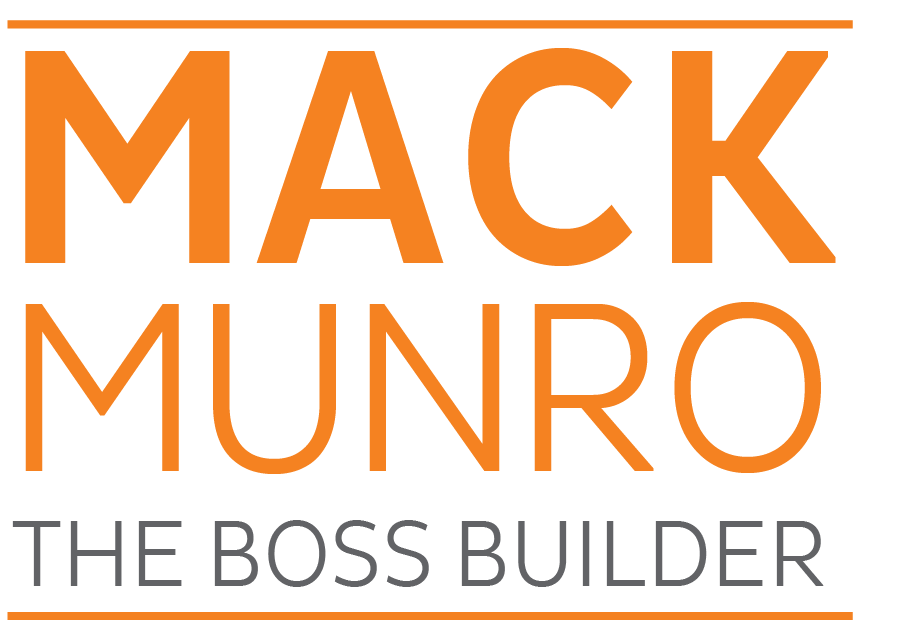 We’re in that awkward stage of sports (in my opinion of course). I’m not a hockey fan and absolutely detest basketball. Baseball is boring and slow. The hockey season is slowly winding down. Basketball will soon begin its endless playoff season, and Opening Day is of the MLB is coming soon. I’m longing for the dog days of summer and the start of the NFL season!
We’re in that awkward stage of sports (in my opinion of course). I’m not a hockey fan and absolutely detest basketball. Baseball is boring and slow. The hockey season is slowly winding down. Basketball will soon begin its endless playoff season, and Opening Day is of the MLB is coming soon. I’m longing for the dog days of summer and the start of the NFL season!
It’s fairly quiet right now in the NFL. The free agency rush is basically over. We’re all patiently waiting for the NFL Draft and for diehard fans like me, it’s a fury of mock drafts and player analysis. NFL scouts are busy evaluating draftees and owners and General Managers are bluffing as to what they’ll do with their draft picks. It’s the calm before the storm of the Draft, OTAs, and training camp.
Figuring out a player’s potential in the NFL based on their college performance isn’t easy. It’s about comparing the systems they played in, their stats, and of course their character. You could end up with a late round treasure (like Tom Brady) or a first round bust (like Ryan Leaf).
It’s not different in the corporate world is it? You have an open position and then try to evaluate candidates based on their resume (past performance), interview (ability to engage), and maybe their references (what others say about them). It’s a tough job and more often than not, companies fail to hire good candidates.
I’ve done quite a bit of work in this area and have tried to formulize the process. Over the next few weeks, we’ll take a look at how to identify, evaluate, and hire talent. Even if you’re not in the hiring process or HR world, pay attention as it’s great information that will enable you to perform better in the interview process and be more successful at work.
Lesson#1: Evaluate Performance (Skill)
The cornerstone of this process and a foundation of what I teach is the 3-Legged Stool of Great Performance™ model. It’s based on the principle that great performance is the sum of Skill (I know what I’m doing), Will (I actually want to do it), and Focus (I know what behaviors are expected of me).
Skill is something we all need to develop and build. Like a football player, there are some skills that come naturally (strength or speed) and others that must be developed (quick thinking and intuitiveness). In the corporate world, skills are the first areas looked at in hiring. They’re usually evident on resumes. What do you know and what do you need to learn? Training is the remedy for skill problems. Training builds the necessary skills. If you’re fortunate enough to work in a company that offers training, don’t be a dummy and avoid the classes! In many of my client companies, attendees would rather be anywhere else but in the sessions. I don’t take it personally. Most folks are busy, however taking a day or two to build new skills is a good thing.
This week, think about where you are skill-wise. Are you in a field that has lots of changes? Certifications to continually pass? New tools and techniques? If so, get busy educating yourself. Skill is a huge success factor. It’s up to you to make sure yours are up to speed.


Skill, Will & Focus. Nice lens to look at performance through Mack! As you say, Skill is the area that usually gets focused on first in the selection process. I think it’s actually the easiest to assess. The real challenge comes in trying to get a good read on the Will and the Focus components. Those are the areas that will determine if the candidate is actually a good fit for the team and culture.